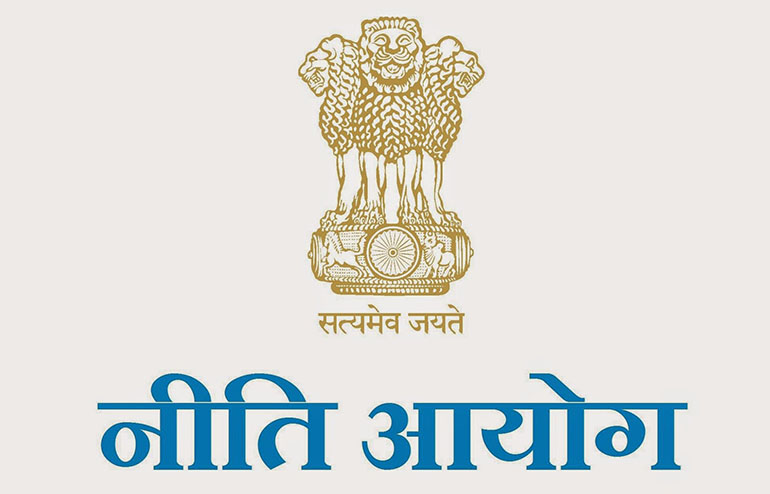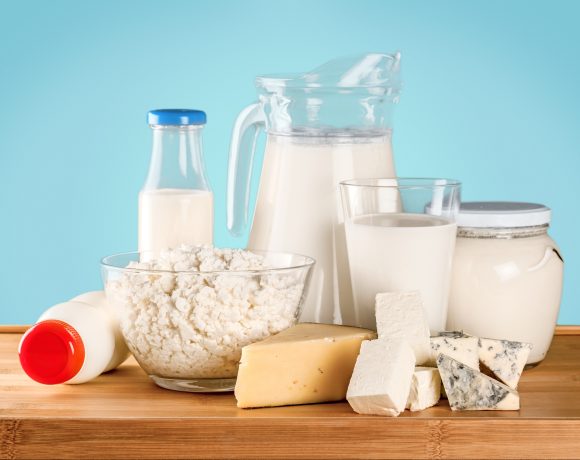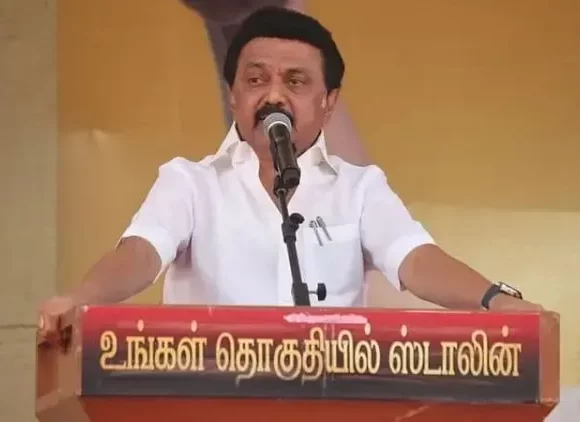
Niti Aayog Advocates GM Crop Imports to Boost Agri Trade
Niti Aayog is urging the government to allow controlled imports of genetically modified (GM) crops such as soybeans and corn from the United States to enhance agricultural trade, while maintaining stringent domestic safeguards. The proposal comes amid stalled India–US trade negotiations, where farm goods have emerged as critical bargaining chips.
During a recent policy briefing, Niti Aayog emphasised that admitting GM soybean and corn imports could significantly support India’s ethanol blending targets and reduce manufacturing costs for sectors dependent on these crops, such as animal feed and edible oil production. These imports could help address short-term supply gaps as India expands its biofuel and food processing sectors.
However, officials and industry experts remain cautious. Niti Aayog recommends that GM crop entries be limited to industrial use, with clear non‑contamination rules for food-grade supplies. Proposed measures include mandatory certification, traceability protocols, and segregation of imported stock from indigenous produce throughout the supply chain.
The move aligns with the United States’ demands in bilateral trade talks, which are nearing a tentative interim agreement. Facilitators suggest that easing restrictions on GM imports may unlock broader concessions, such as reduced tariffs on American farm exports like almonds and pistachios. India, mindful of protecting its domestic farmers, proposes a phased, secure rollout backed by robust monitoring.
Domestic farm groups have urged caution. After witnessing the effect of GM soy on global markets, they warn of unintended cross‑contamination with non‑GM crops, which could undermine India’s premium organic produce and trigger consumer health concerns. State governments have also expressed intentions to enforce local bans on GM cultivation, stressing the need for field-level safeguards.
Analysts view this as a calibrated step toward balancing trade gains with agricultural integrity. They say that enabling limited GM imports could offer relief to oilseed and feed industries, while Niti Aayog’s recommended controls may prevent moral hazard. Industry associations are now calling for comprehensive guidelines and a clear timeline before India signals its commitment at the upcoming trade deadlines.
If enacted, the proposal could mark a pragmatically moderate shift in India’s long-standing GM stance. The government is expected to consult stakeholders and finalise policy decisions ahead of the next round of negotiation, set before the 90‑day US tariff pause expires.


















